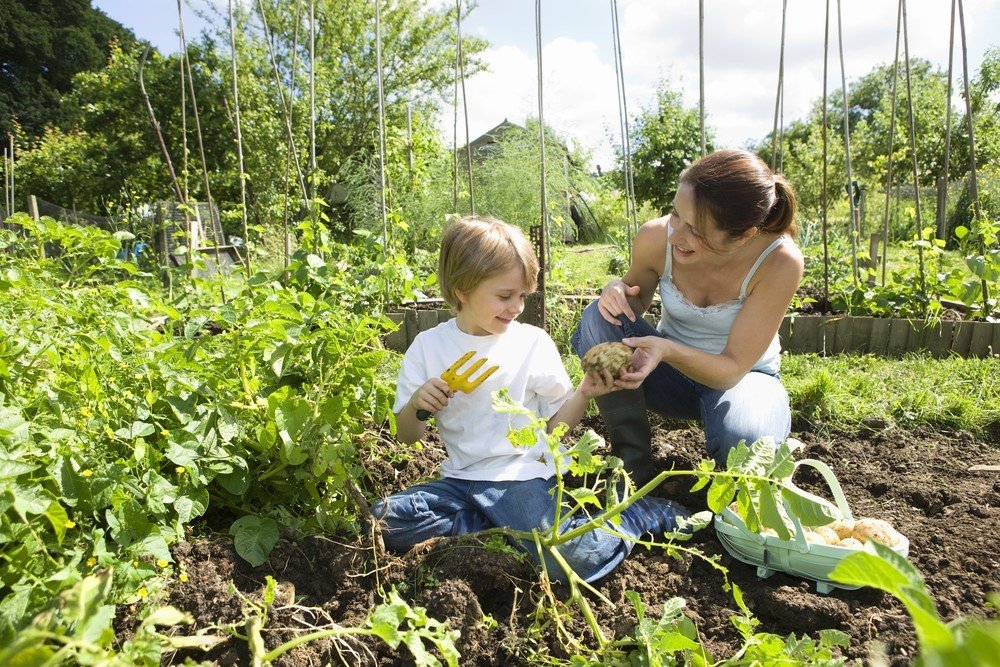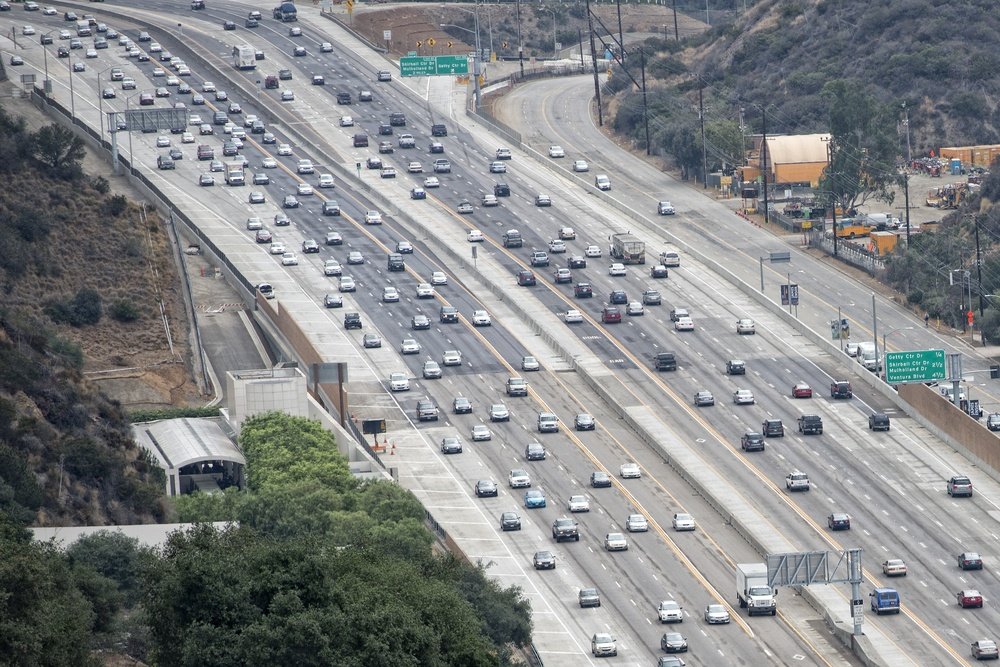Better Homes, Better Business: Energy Saving Plans For Your Whole Community

As a homeowner, going green helps save you save money, and curbs your impact on the environment on the small scale. With apps like Benefyd, it’s easier than ever to create an energy efficient home. As you take steps towards improving your home, though, you may have noticed a heightened awareness of how your neighbors and friends engage in sustainable living too.
A podcast by Freakonomics discussed how some homeowners place solar panels on the most visible location of their home, for their neighbors to see, instead of the most energy efficient. This is in part because many of us not only want to help the environment on our own, we want our neighbors to help as well.
For the eco-conscious, inspiring others to take on environment-friendly habits is an important part of creating change.
But besides making sure your neighbors can see your solar panels, there are real ways to engage your community. Here are some ways to get your neighborhood involved in green initiatives.
Education
Before jumping into action, first you need to spread awareness. Advocacy for the environment and sustainability is the best way to inspire change from the grassroots. Simply talking to neighbors and community members about sustainable living can go a long way. Perhaps they’ve noticed the upgrades you’ve made to your home and want to learn more about what they can do to improve their own energy efficiency.
You can also share ideas on how to save energy among your neighbors. You may surprise yourself and learn better energy practices from your neighbors that you didn’t know already. You can take it a step further and get involved in school or library programs. Educating our children on how to live sustainably can mean a greater hope for the future.
Community Garden
Whether you are in an urban or rural area, community gardens are popular solutions for sustainable food options and some family fun. You can easily find a community garden in your area using the internet or start your own.
A community garden not only promotes greener living, but community engagement. The American Community Garden Association offers resources on its website for anyone to get involved. The value of community gardens goes far beyond providing food.
As the ACGA mission states: “community gardening improves people’s quality of life by providing a catalyst for neighborhood and community development, stimulating social interaction, encouraging self-reliance, beautifying neighborhoods, producing nutritious food, reducing family food budgets, conserving resources and creating opportunities for recreation, exercise, therapy and education.”
What’s not to like about that?

Car-share or Carpool
Transportation is a necessity, but can have a negative impact on our environment depending on how often we use it. Not everyone lives in close proximity to public transportation and some cities have unreliable or inefficient systems in place.
Creating a carpool with coworkers at your job or a car-share with your neighbors can help lower your carbon footprint. Some businesses offer their employees commuter incentives–where you receive cash bonuses for walking, biking, taking public transportation, or carpooling to work.
These incentives not only inspire employees to avoid driving to work alone, but also show a business’s commitment to social responsibility.
Local Politics
Getting involved in a community’s already existing eco-friendly programs is one thing, but you can also make a big change in your community by starting your own initiatives. Go to your town’s next public meeting and find out what your city is planning.
This is your opportunity to better understand the vision your local politicians have for your community and what you can do to get involved. Public meetings are also for citizens to share their ideas and reactions.
When we get our neighborhood involved in green initiatives, we make a greater impact on the environment as a whole. If everyone did their part, we can all benefit from energy savings and efficient living.


